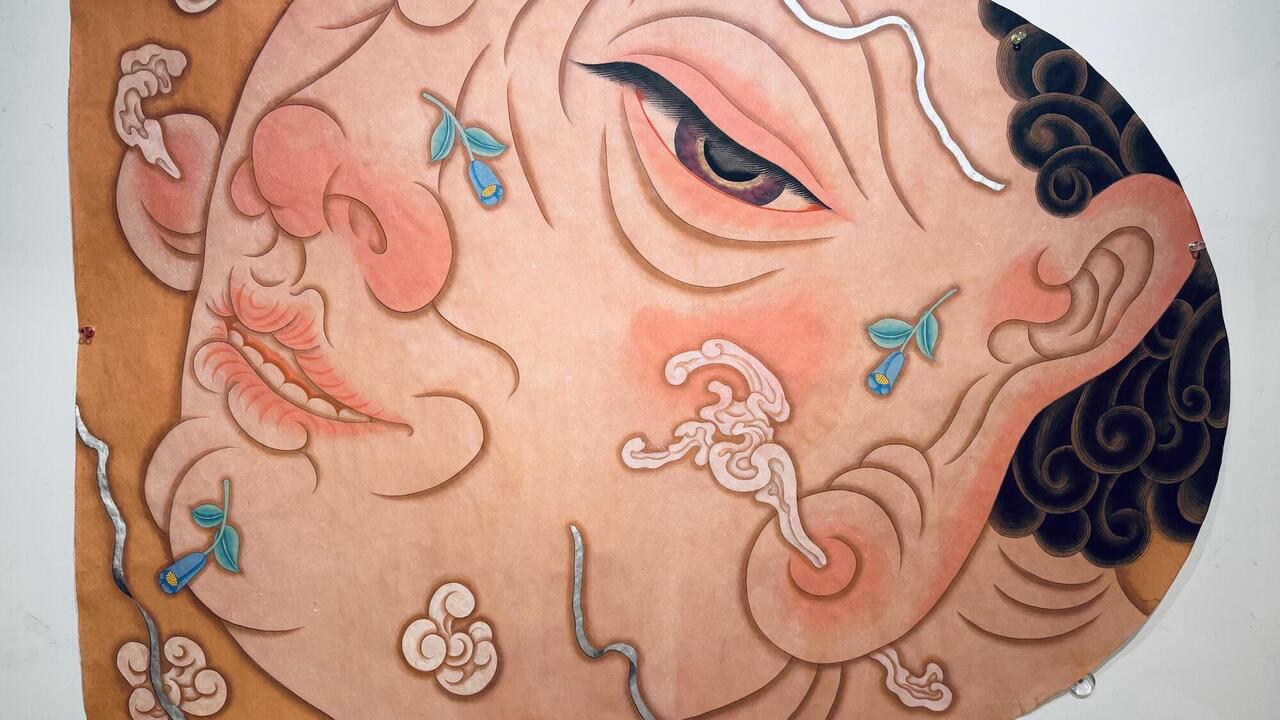Hanne Darboven
Wunschkonzerte, Opera 17A & B and 18A & B
Wunschkonzerte, Opera 17A & B and 18A & B

Hanne Darboven’s compositions for double bass, Opera 17A & B, and Opera 18A & B (1983), also known as her Wunschkonzerte, evoke a media form so out of step with today’s flexible iPod culture that they require a quick excursion into radio history. I remember it well: turning on the state-monopoly radio channel on Monday nights for the weekly ‘wish concert’, a programme where listeners chose songs to celebrate the birthdays of family members or friends. The show went from children’s songs through marches, religious songs and adult schmaltz to – finally – a few pop hits at the end, to mark the birthday of some lucky teenager. In the very rigidity of its offering – the steadfast weekly timing, the strict division of age groups – music was used to mark time in a different way from the usual internal musical organization of rhythm and tempo. Here music marked the temporalities of life itself – or, more precisely, the organization and control of life-time so important to modern government and capital alike.
It is precisely this fundamentally political alignment of life-time and musical time that haunts Darboven’s compositions. Developed out of her well-known writing practice, the sheer physical impact of these temporal operations is actually even more striking in musical form than in her endless pencil-written pages of numbers, which can fill entire rooms. In the 1970s Darboven invented a method that allowed her to translate her works’ numerical constructions – the rigorous computations of numbers based on calendar dates that span months, years and even centuries – into musical notation. But then again she had always seen these computations in musical terms: they worked, she said, in terms of progressions or reductions that were akin to musical variations.
In performance, however, her theme-and-variations model disturbs classical notions of well-formed musical composition, as it opens up a practice of endless continuity, at once totally abstract and acutely physical. The Wunschkonzerte DVD offers four hours of continuous recital by a single double bass, brilliantly performed by Tom Peters (each opus clocks in at about one hour). To say that the effect of her peculiar musical method is repetitious would be to miss the point: rather, the range of possible variations is so finely calibrated that any attempt at a structuring overview is impossible. But there is variation: continual, intensive and restless small-scale changes that grate away at the brain, handing perfect tonality over to a sense of imperfection and passage. The deep, grainy timbre of the double bass emphasizes this effect: it plays up the handiwork, the endless mental and bodily effort involved in playing this piece. Keeping the DVD on in my home, dipping in and out of concentrated listening (there is no way you can keep it up!), I soon felt as though I shared the space with a dedicated worker of some kind, someone whose efforts just to keep going could be registered with every movement of the bow.
It was, in fact, as though musical time had turned into work-time. And, as this music-work-time already references typical 20th-century media formats, a rarely discussed dimension of Darboven’s general art practice comes into question: for all its ‘handmade’ simplicity, her work actually explores the working of the time-machines of modern media – their way of making existence itself productive, in one way or another.















